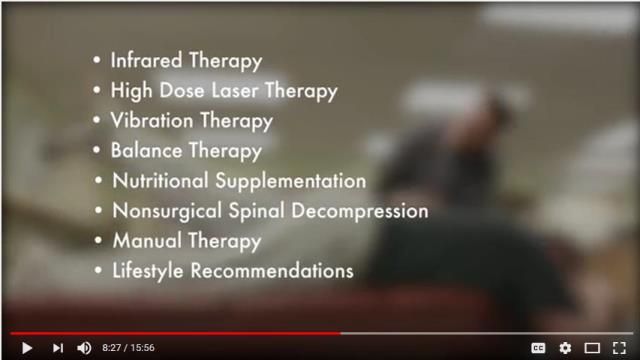@NicoleC1971 That's great that your mother-in-law is metabolically healthy. I wish more people understood that "obese" doesn't always equal "unhealthy"!
It's really hard to overcome the food cravings by eating a low carb diet in the 50 - 130 or 150 carbs/day range or a low glycemic diet instead of the ketogenic diet (which ranges up to 40 - 50 carbs/day) if still eating any processed foods with their inflammatory refined carbs, sugar, and highly processed seed oils. But eating real, whole foods is a GREAT beginning.
The beauty of ketosis is that you no longer feel the need to eat every 2 hours. Before beginning the keto diet, within 1 1/2 to 2 hours after every meal I was already thinking about what I was going to eat next. It was just miserable. I thought about food all the time. But a lot of people have a long history of dieting, losing weight, then gaining it back so have given up on dieting.
Enter the magic of fasting, another way to achieve ketosis and improved metabolic health.
Canadian nephrologist Jason Fung, frustrated with the standard of care for diabetes because it doesn't work, began having his chronically ill patients use fasting, in part because doctors get in trouble giving dietary advice, but also because fasting is a lot easier for patients to do and achieves dramatic results quickly without changing the diet.
Mike Mutzel, High Intensity Health, flew out to Toronto last year to interview Dr. Fung. While I've followed his work for four years, I was hesitant to try it. After listening to the interview below THREE to FIVE TIMES [giggle] I decided to give it a try.
I stopped eating breakfast so I could do a 16 - 18 hour fast between dinner to lunch daily for ten days. If I felt a uncomfortable, I drank a glass of water then felt fine again. It was so easy and the results were amazing.
My fasting blood glucose level dropped to as low as 100 mg/dL (5.5 mmol/L) and I lost 5 pounds (0.35 stone). (I should add here this wasn't due to water weight loss because I'm fat adapted and already in ketosis).
Now that isn't the way Dr. Fung does it with patients who need to reduce their weight, fasting insulin level, and glucose levels. For them he has patients alternate between eating lunch and dinner only with eating dinner only during the weekdays and eating normally on the weekend. I can't remember though if the dinner only days are M, W, F or Tu, Th. (I loaned my book to a type 1 friend who's trying to lose weight.) That's what I'm going to do next.
Now I should also add there's an upside and a downside to lowering the insulin and glucose levels... The nerves begin to heal but they hurt more, but only temporarily. This morning, day 11, I woke up with a burning sensation in my toes. Same thing happened when I started the ketogenic diet 4 years ago. I developed a burning sensation in the top of my right foot that lasted for a few weeks, then I was fine again.
The upside is that he may be able to stop or reduce the metformin too. And the neuropathy symptoms should begin to improve.
I realize some people are readers and some are not. For those who prefer watching videos to reading print, there are a lot of videos by Jason Fung on YouTube. That would be a good place to learn more about the benefits of fasting and how to do it, but at minimum I'd suggest having 1 of his 3 books on hand as a reference guide prior to fasting to answer questions as they come up, The Complete Guide to Fasting (2016), but here's the link to all three of his books in the UK...
https://www.amazon.co.uk/l/B01BT8K6...&rfkd=1&shoppingPortalEnabled=true&sr=8-2-ent
In addition, Dr. Fung has a website that's free. Here's a fun article from 2018 on the site...
https://idmprogram.com/what-fasting-is-not-crazy-batsh-stupid/
Keeping your in laws in my thoughts. Wishing for them improving health.

